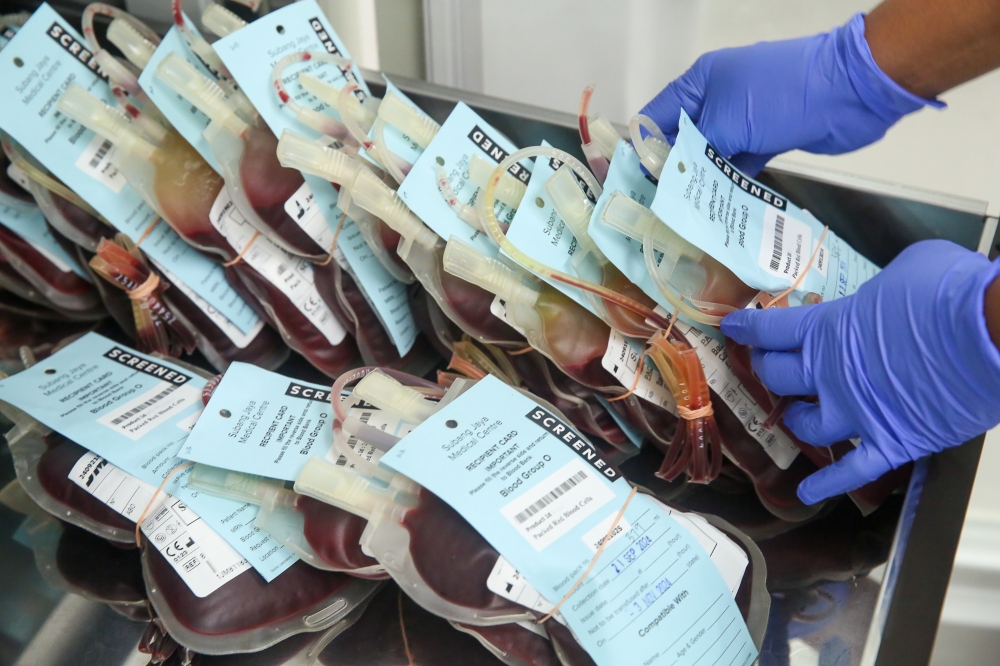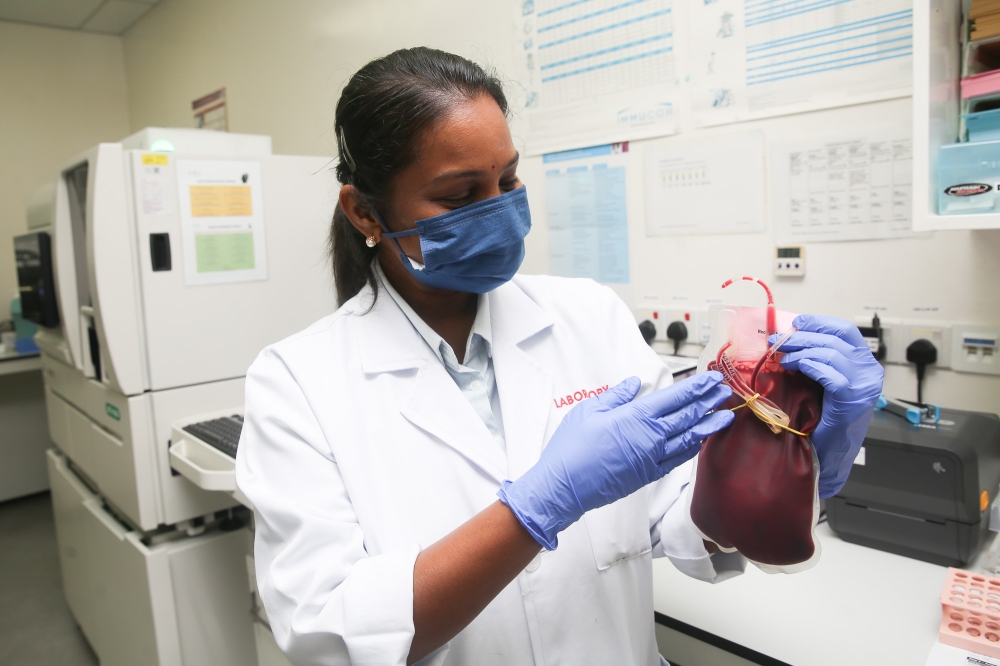KUALA LUMPUR, Sept 30 – The prevalence of heart disease in Malaysia continues its upward trend, exacerbated by high rates of diabetes, hypertension and cholesterol.
Based on the National Health and Morbidity Survey 2023 report, 33.3 per cent of Malaysians live with high cholesterol while 29.2 per cent have hypertension.
These conditions are often attributed to lifestyle factors such as diet, physical inactivity, and smoking.
According to the Statistics Department’s report, coronary heart disease remains the principal cause of death for the past two decades except in 2021 where Covid-19 infection topped the list.
In 2022 alone, 16.1 per cent or 20,322 medically certified deaths in Malaysia were due to coronary heart disease.
Thanks to advancements in the medical field, procedures like coronary artery bypass graft (CABG) represent a beacon of hope for many cardiac patients requiring artery treatment.
The procedure provides a critical opportunity to regain quality of life and avert the fatal consequences of untreated coronary artery disease.
In Malaysia, there are only about 60 surgeons who perform the CABG procedure. Among them is Subang Jaya Medical Centre (SJMC) cardiothoracic surgeon Dr Kenny Cheng, who has been performing CABG surgery since 2011.

Understanding CABG: A lifesaving procedure
According to Dr Cheng, CABG is a surgical treatment aimed at improving blood flow to the heart.
He said it is typically recommended for patients with severe coronary heart disease, a condition wherein the coronary arteries become blocked or narrowed due to plaque build-up.
The procedure involves harvesting a healthy artery or vein from another part of the patient’s body like the legs and the chest onto the blocked coronary artery to build new conduits.
“By creating a new path for blood to flow, the surgery effectively bypasses the blockage, thereby improving blood supply and reducing the risk of heart attacks.
“Those whose arteries are blocked and avoid treating it are literally sitting on a time bomb before experiencing a major heart attack that may be fatal,” he said.

The procedure and its complexity
Conducting a CABG surgery requires immense precision and expertise.
Dr Cheng said the procedure usually takes between three and four hours, requiring a well-coordinated and specialised medical team to ensure the success and minimise risks of the surgery.
“Cardiac surgery is often the most glamorous and challenging speciality in medical practice.
“Cracking open a patient’s chest and performing complex procedures on the heart comes with many risks such as bleeding, infection, stroke and of course risk of dying during the surgery,” he said.
Dr Cheng is also known for his skilful vein harvesting from the leg that leaves minimal scarring for aesthetic purposes.
“Traditionally, vein harvesting requires a large incision from the ankle to the thigh, however with advanced technology and improved techniques, a minimally-invasive endoscopic vein harvesting requiring only a two-centimetre scar can be done.”
Apart from an experienced cardiovascular and medical team, Dr Cheng said the complexity of such surgeries demands state-of-art-facilities to ensure success and minimise risks.
“Thanks to the technology, countless advancements have occurred in the cardiovascular surgeries over the past decade to introduce new techniques for improved results,” he said.
Post-surgery quality of life
According to Dr Cheng, the quality of a patient’s life in almost all cases is improved tremendously after recovery, which often takes between four and six weeks.
“After recovery, the patients can go back to their normal daily routine but must be put on long-life medications for improved results and longevity.
“The patients must also make lifestyle changes and go for life-long medical follow ups after CABG procedure,” he said.
The changing demographic
Most people may think coronary heart disease only occurs in the elderly population but the reality is otherwise.
Dr Cheng said although most of his patients are in their 60s, he sees a rising trend amongst younger people.
“We now get many young bypass cases due to various underlying conditions such as diabetes, hypertension and high cholesterol amongst young people.
“The youngest patient I have operated so far was 36,” said Dr Cheng.

The role of blood banks
For CABG procedures, a well-stocked blood bank is always essential as blood preparation is mandatory before the procedure.
Therefore, a robust blood bank unit staffed by well-trained Medical Lab Scientists is paramount to cater to the needs of these intricate operations.
According to SJMC senior medical laboratory scientist Pathmavathy Supramani, the availability and supply of blood products plays a critical role in supporting the CABG procedure.
Maintaining sufficient blood supply is always one of the biggest challenges faced by all blood banks around the world.
SJMC is grateful for the strong support from Pusat Darah Negara for its blood supply. SJMC also has its very own Blood Donation Centre that continuously encourages the public to donate blood as demand always outweighs supply.






















